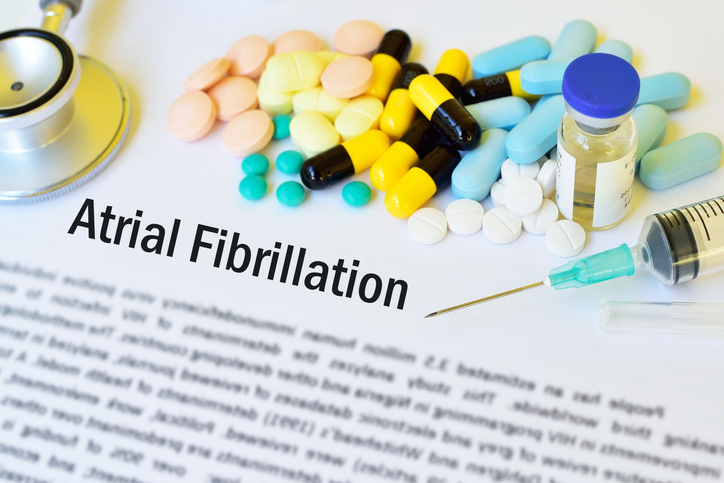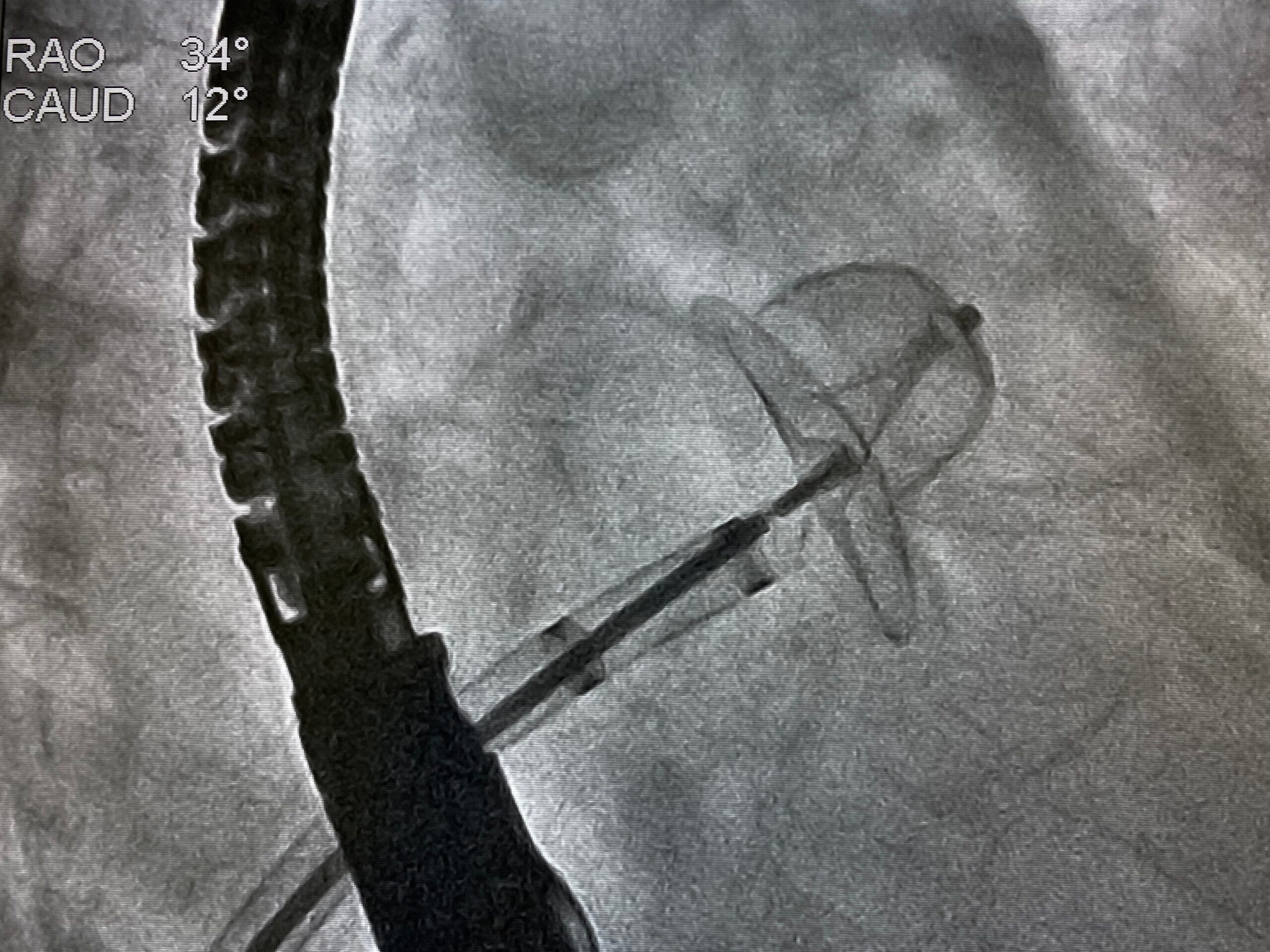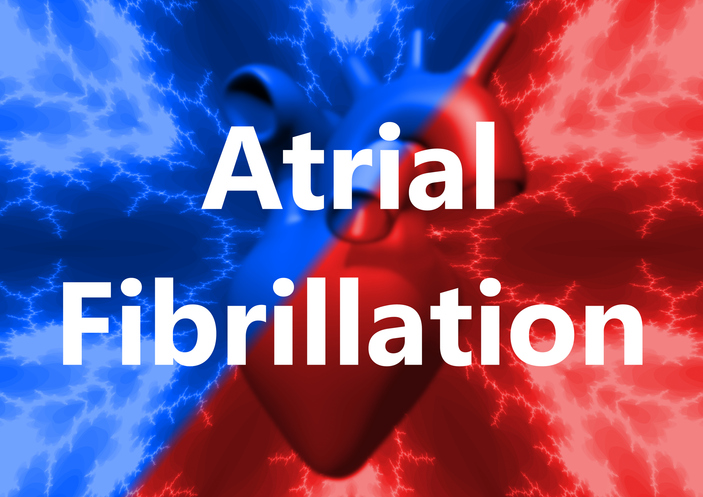
In a meta-analysis, Cui Cui Jing and colleagues found that dexmedetomidine, administered during cardiac surgery, appeared to reduce the frequency of postoperative atrial fibrillation, but did not significantly affect stroke incidence, mortality rate, duration of mechanical ventilation, and length of intensive care unit or hospital stays.
In the full report, the study’s authors noted that “the reduction of [postoperative atrial fibrillation] seems to be obvious in female patients undergoing [coronary artery bypass graft] at a younger age.”
The article, published in Anatolian Journal of Cardiology, reviewed 18 previously published studies with a total of 2,933 patients. Dexmedetomidine was administered with placebo or other anesthetic drugs in adult patients undergoing cardiac surgery.
According to the investigators, dexmedetomidine significantly reduced the incidence of post-operative atrial fibrillation compared to controls (odd ratio [OR] = 0.82; 95% confidence interval [CI], 0.69–0.98; p = 0.03). The analysis showed no significant differences in stroke (OR = 1.36; 95% CI, 0.59–3.16; p = 0.47), mechanical ventilation duration (weighted mean difference [WMD] = 0.17; 95% CI, –0.35 to 0.14; p = 0.39), intensive care unit length of stay (WMD = –0.03; 95% CI, –0.93 to 0.87; p = 0.95), hospital length of stay (WMD = –0.04; 95% CI, –0.40 to 0.32; p = 0.83) and mortality (OR = 0.72; 95% CI, 0.32–1.60; p = 0.42).
Overall, Jing and the collaborating researchers concluded that perioperative administration of dexmedetomidine reduced the incidence of postoperative atrial fibrillation in adult patients undergoing cardiac surgery—but did not improve the described secondary outcomes.







 © 2025 Mashup Media, LLC, a Formedics Property. All Rights Reserved.
© 2025 Mashup Media, LLC, a Formedics Property. All Rights Reserved.